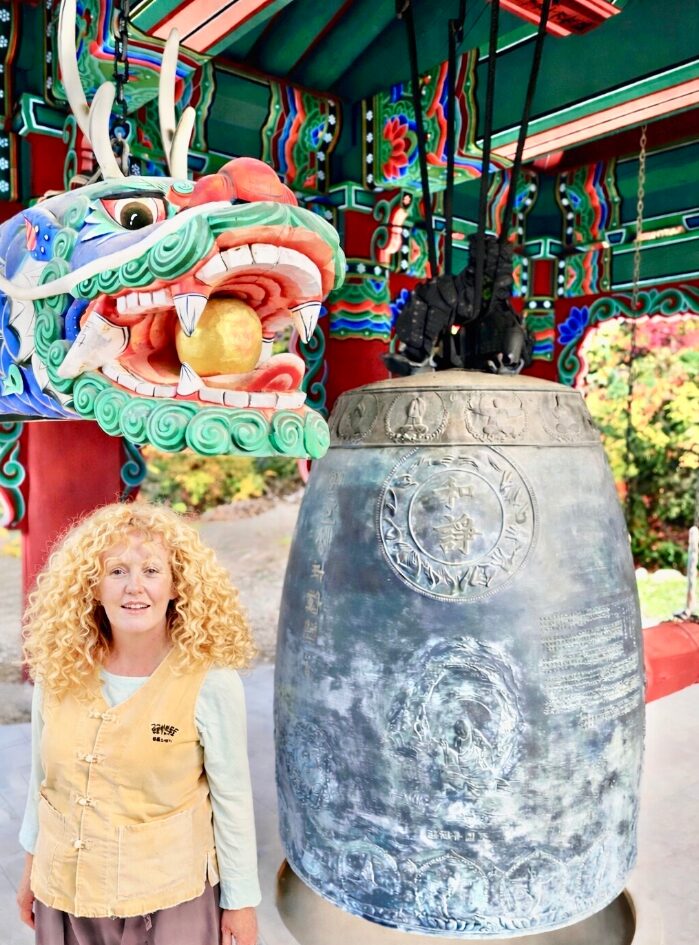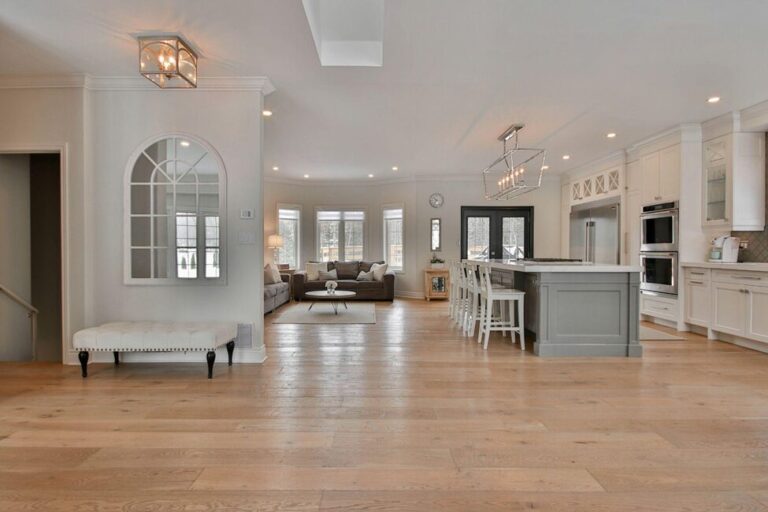
In recent years, the tiny home movement has grown from a niche trend into a popular lifestyle choice for individuals and families alike. The allure of downsizing to a tiny home isn’t merely about reducing living space but rather, embodying a philosophy of minimalism, sustainability, and financial freedom. This shift towards compact living challenges the traditional notion that bigger is better, offering an alternative that promotes a simpler, more intentional way of life. In this discussion, we’ll explore the multifaceted reasons why choosing to live in a tiny home can be a profoundly liberating and life-enhancing decision.
Environmental Sustainability
Choosing to live in a tiny home significantly contributes to a more sustainable lifestyle. The smaller living space requires less energy for heating and cooling, leading to a substantial reduction in carbon footprint. Additionally, many tiny homes are built using eco-friendly materials and innovative designs that maximize energy efficiency. This commitment to sustainability extends beyond construction, encouraging inhabitants to adopt greener habits, such as reduced consumption and waste, further aligning with the global movement towards environmental preservation.
Enhanced Mobility
The concept of living in a tiny home brings with it the unparalleled benefit of mobility. Many tiny homes are constructed on wheels, offering residents the unique opportunity to easily relocate their living space. This not only paves the way for a life of adventure and exploration but also simplifies the process of finding the perfect spot to call home, as tiny homes on wheels for sale can be moved to and positioned in diverse environments, from serene countryside to bustling city outskirts. This mobility appeals to those who desire to travel or simply change their scenery without the burden of traditional home selling or the hassle of long-term leases. It caters especially to individuals and families who prioritize experiences over possessions, allowing them to explore new environments while maintaining the comfort and familiarity of their own homes. This aspect of tiny living not only fosters a sense of adventure but also promotes a flexible lifestyle unencumbered by the constraints of fixed residential living.
Practicality
The practical benefits of living in a tiny home are numerous, especially when it comes to maintenance and cleanliness. Smaller living spaces necessitate fewer possessions, which inherently leads to less clutter and easier upkeep. This scaling down simplifies the tasks of cleaning and organizing, freeing up time for hobbies, relaxation, and being with loved ones. Additionally, the compact design encourages efficient use of space, with multifunctional furniture and storage solutions that make living in a reduced footprint not only feasible but comfortable and convenient. This practicality extends to location flexibility as well; tiny homes, particularly those built on trailers, offer the unique advantage of mobility, allowing homeowners to relocate their dwellings with relative ease, a feature especially appealing in today’s dynamic world.
Financial Advantages
The financial benefits of living in a tiny home are substantial. The cost of purchasing or building a tiny home is considerably lower than that of a traditional house, freeing individuals from the burden of a hefty mortgage. This economic efficiency continues with reduced monthly expenses; tiny homes consume less energy, require fewer repairs, and encourage a minimalist lifestyle that curtails unnecessary spending. This financial liberation affords residents the flexibility to allocate their resources towards fulfilling experiences, investments, and savings, thereby enhancing their overall quality of life.
Sense of Community
The tiny home movement also fosters a unique sense of community among its inhabitants. Many tiny home dwellers choose to live in designated tiny house communities, where shared spaces and communal resources foster interactions and mutual support. This environment promotes a sense of belonging and collaboration, as residents often share similar values around sustainability, minimalism, and intentional living. Being part of such a community not only enriches the living experience through shared experiences and joint efforts but also encourages a lifestyle that prioritizes connections with others over material possessions. This communal aspect of tiny living can significantly enhance one’s social well-being, creating a network of support, friendship, and collective growth.
Transitioning to a tiny home lifestyle manifests as a multifaceted endeavor that extends well beyond the simplicity of living in a smaller space. It’s a conscious choice towards minimizing one’s ecological footprint, gaining financial freedom, and fostering a tighter-knit community. From the practical advantages of reduced maintenance to the profound sense of belonging found within tiny home communities, this lifestyle promotes a richer, more purposeful way of living. By challenging conventional ideals and prioritizing what truly matters, individuals opting for tiny homes pave the way for a sustainable, fulfilling future. Whether driven by the desire for environmental sustainability, the allure of financial flexibility, or the pursuit of a more connected life, the tiny home movement offers something invaluable for those willing to redefine the essence of home.












